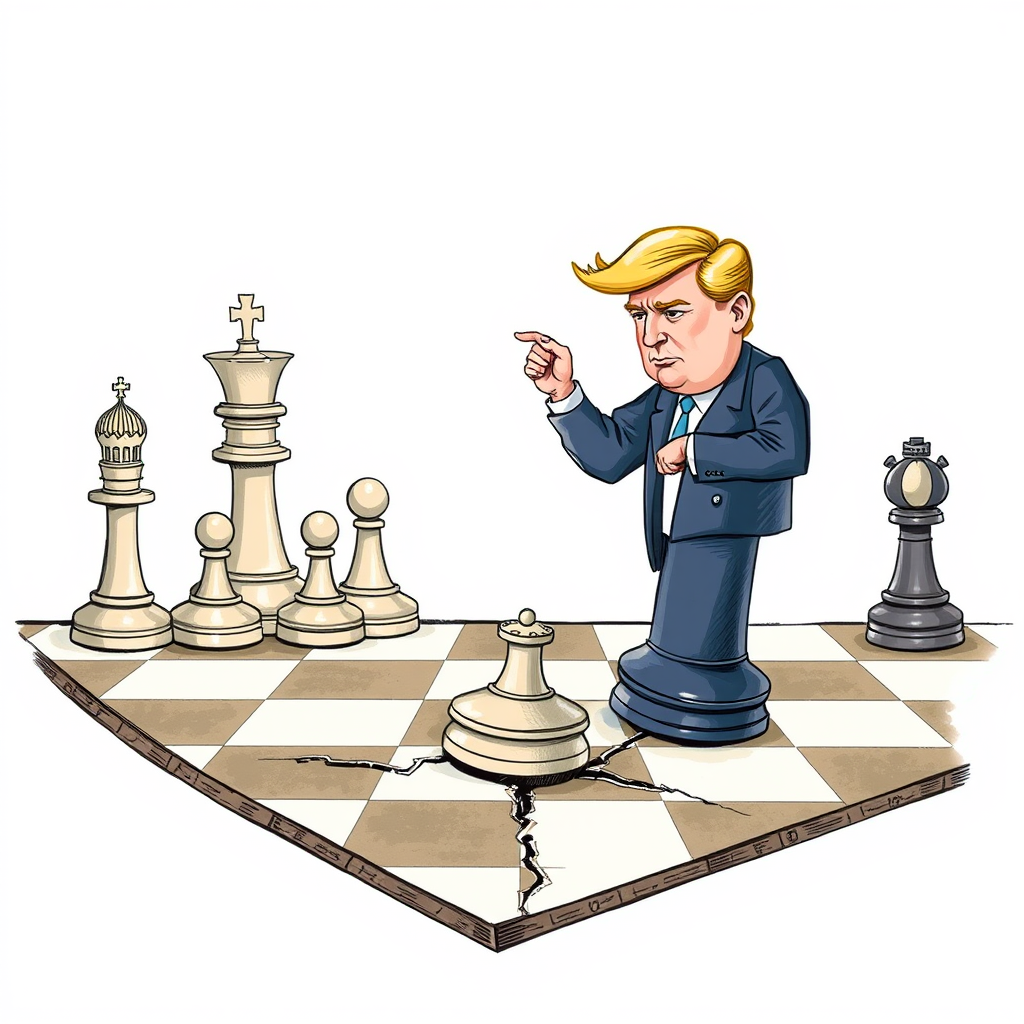Trump's Authoritarian Fail: Why It's Backfiring Now.

Donald Trump’s attempts to reshape American governance in an authoritarian mold are currently faltering, a stark contrast to the more subtle and strategically patient approach employed by leaders like Hungary’s Viktor Orbán. While Orbán systematically neutralized opposition before it fully materialized, Trump has largely pursued a confrontational strategy, rushing into actions that have galvanized resistance from the courts, the press, universities, and even segments of the business community.
The article details how Trump’s initial successes in securing compliance through threats have eroded as demands escalated, appearing unreliable and prompting pushback. Harvard, for example, sought a compromise similar to Columbia University’s concession but was presented with demands amounting to federal control, forcing a legal battle. This pattern extends to his economic policies, particularly tariffs, which are fueling a political backlash and threatening to destabilize the economy.
The core argument is that Trump’s “authoritarian cart before the horse” approach – attempting to wield power before consolidating it – has backfired. Unlike Orbán, who quietly corrupted institutions, Trump’s flamboyant moves have triggered immediate and widespread opposition. This isn’t to say his efforts are doomed. The article acknowledges the possibility of adaptation or a more brazen power grab. However, the current trajectory suggests a self-sabotaging pattern.
The piece highlights a crucial point: the failure of Trump’s authoritarianism isn’t preordained. It’s a direct result of active resistance from American institutions and a societal commitment to defending democratic norms. The article suggests that while Trump’s methods are flawed, the ultimate outcome hinges on whether that resistance continues.
It’s a compelling analysis, and I find its central thesis persuasive. Trump’s lack of strategic patience and his preference for immediate gratification have demonstrably undermined his efforts to reshape American governance. While the long-term implications remain uncertain, the current situation underscores the resilience of American institutions and the importance of sustained civic engagement in safeguarding democracy. The comparison to Orbán is particularly insightful, highlighting the critical role of subtle, long-term institution-building in consolidating authoritarian power – a tactic Trump appears unwilling or unable to employ. The article rightly concludes that the fate of American democracy isn’t sealed, but rather depends on the continued commitment of its citizens and institutions to defend it.